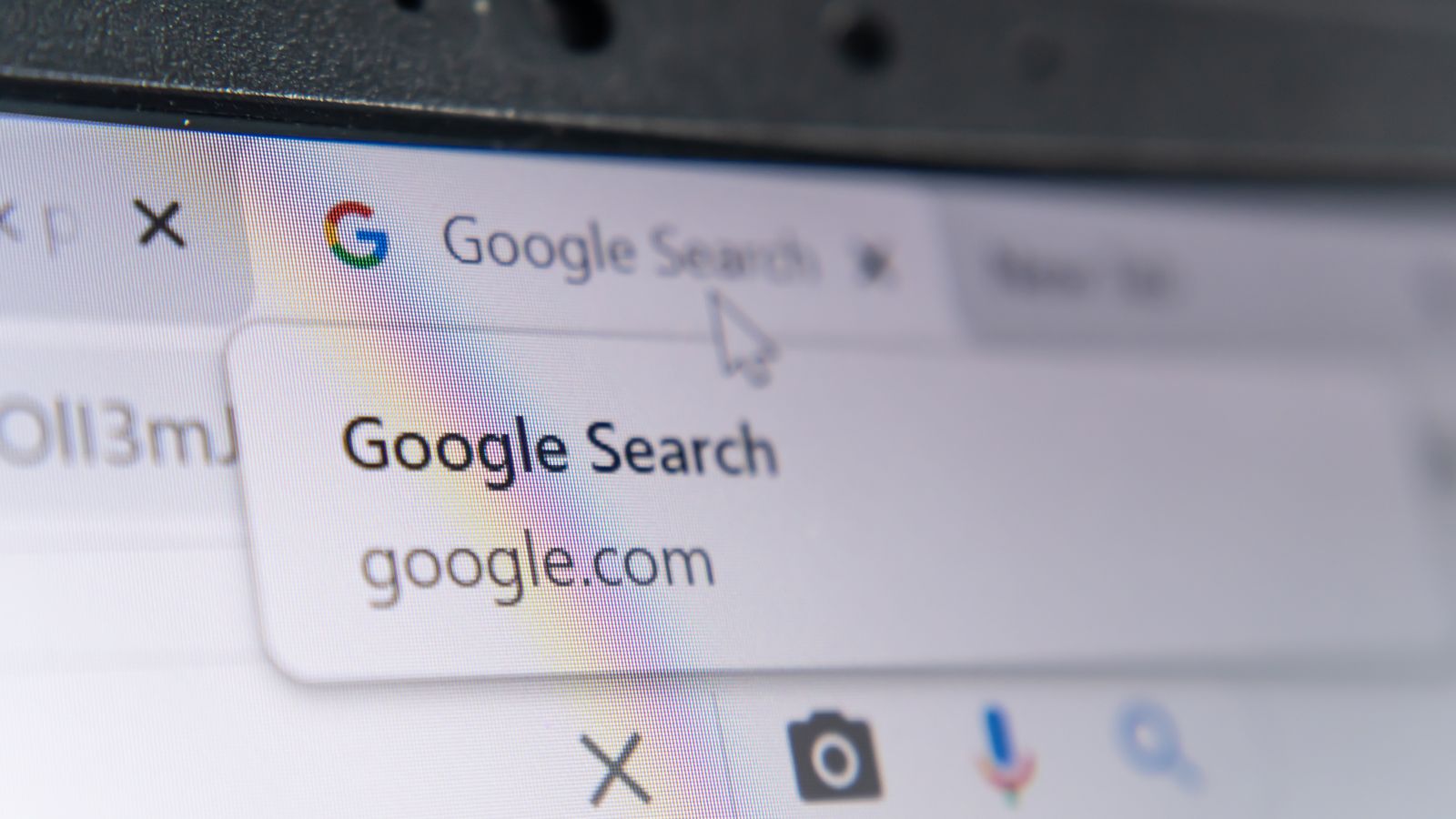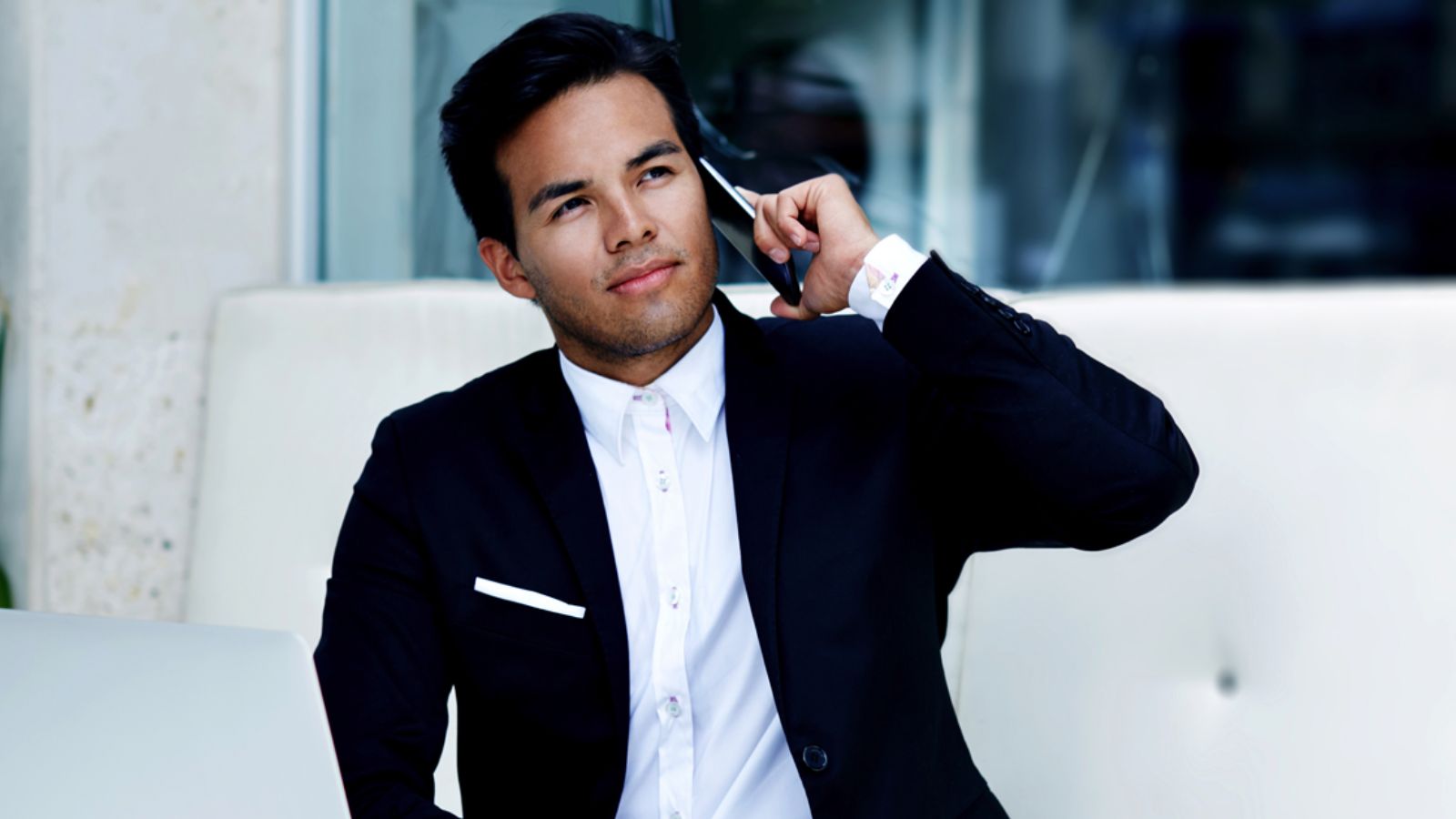Job interviews can be nerve-wracking, but they’re also opportunities to showcase your skills and personality. While it’s important to highlight your strengths, it’s equally crucial to avoid certain pitfalls. We’ve listed 19 things you should never do during a job interview.
Arriving Late

“Most employers appreciate punctuality,” says Indeed, and showing up late to an interview is one of the biggest mistakes you can make. It signals to the interviewer that you are not serious about the position or that you lack time management skills. Always plan to arrive at least 15 minutes early to account for any unexpected delays.
Dressing Inappropriately

First impressions matter, and what you wear to an interview speaks volumes. Dressing too casually or inappropriately can suggest a lack of respect for the company or the position. Research the company’s dress code ahead of time and aim to dress slightly more formally than the standard attire.
Failing to Research the Company

Walking into an interview without knowledge of the company is a red flag for employers, as it indicates a lack of preparation and genuine interest. Spend some time finding out about the company’s history, values, products, and recent news, as this knowledge not only helps you tailor your answers to show how you fit with the company’s goals but also demonstrates your enthusiasm for the role.
Using Negative Language

Speaking negatively about past employers, colleagues, or experiences can cast you in a bad light. It suggests that you may be difficult to work with or prone to conflict. Instead, focus on the positives and what you learned from past experiences. If asked about challenges, frame your responses in a way that highlights your problem-solving skills.
Being Overly Familiar

While it’s important to be personable, being too familiar can come off as unprofessional, so avoid using slang, making jokes that might be misinterpreted, or addressing the interviewer in a too casual manner. Maintain a balance between friendliness and professionalism.
Interrupting the Interviewer

It’s not only rude to Interrupt the interviewer, but it also disrupts the flow of the conversation. It can make you appear impatient or disrespectful. Listen carefully to the questions and comments, and wait for the interviewer to finish speaking before responding.
Not Answering Questions Directly

Avoiding or skirting around questions can make you seem evasive or unprepared. If you don’t know the answer, it’s better to be honest than to ramble aimlessly. Take a moment to think before you speak, and provide clear, concise replies.
Talking Too Much

It’s important to share your experiences and qualifications, but talking too much can overwhelm the interviewer and dilute your key points. Be mindful of your responses and aim to keep them relevant and concise, giving the interviewer a chance to speak.
Lying or Exaggerating

Honesty is crucial during a job interview; lying or exaggerating your skills and experiences can backfire if you are caught or unable to deliver on your claims. Always be honest about your qualifications and experiences, and avoid embellishing the truth.
Failing to Ask Questions

An interview is a two-way street. Therefore, not asking any questions can suggest a lack of interest or curiosity about the role and company. Prepare a few thoughtful questions in advance that show you are engaged and eager to learn more, such as asking about the team, company culture, and expectations.
Being Unprepared for Common Questions

Common interview questions like “Tell me about yourself” or “Why do you want to work here?” are almost guaranteed to come up. Failing to prepare for these questions can make you seem unprepared or uninterested. Practise your answers to common questions to ensure you can respond confidently.
Using Your Phone

Having your phone visible or, worse, answering it during an interview is a major faux pas – it shows a lack of respect and attention. Before the interview starts, turn off your phone or set it to silent mode and keep it out of sight. This ensures you can focus entirely on the conversation without any distractions.
Being Arrogant

Confidence is important, but arrogance can be off-putting. Speaking as if you are the only candidate worthy of the job or dismissing the interviewer’s questions can make you appear rude and difficult to work with. Aim to showcase your strengths and achievements while remaining humble.
Forgetting to Follow Up

Sending a follow-up thank-you email after the interview is a simple but powerful gesture. Failing to do so can make you appear disinterested or ungrateful. A brief, polite email thanking the interviewer for their time and reiterating your interest in the role can leave a positive, lasting impression.
Overlooking Body Language

Your body language speaks just as loudly as your words, and slouching, avoiding eye contact, or fidgeting can signal nervousness or a lack of confidence. Sit up straight, make eye contact, and use open gestures to convey confidence and engagement. Being mindful of your body language helps reinforce the positive impression you want to make.
Not Being Yourself

Trying to be someone you’re not during an interview can be exhausting and unconvincing. Authenticity is key to forming a genuine connection with the interviewer, so be honest about your skills, experiences, and personality. Employers want to see the real you to determine if you’re a good fit for their team.
Ignoring the Interviewer’s Cues

Interviews are as much about listening as they are about speaking, so ignoring the interviewer’s cues, such as when they are ready to move on to the next topic, can disrupt the flow of the conversation. You should pay attention to verbal and non-verbal signals to ensure you are in sync with the interviewer.
Not Highlighting Your Strengths

While it’s important to avoid bragging, failing to highlight your strengths can leave the interviewer unsure of what you bring to the table. So always be prepared to discuss your key skills and achievements that are relevant to the position—and use concrete examples to illustrate your points, too.
Leaving on a Negative Note

Finally, ending the interview on a negative note, such as expressing doubts about the role or the company, can overshadow an otherwise positive impression. If you have concerns, it’s better to address them tactfully during the interview rather than leaving them as your final impression.







